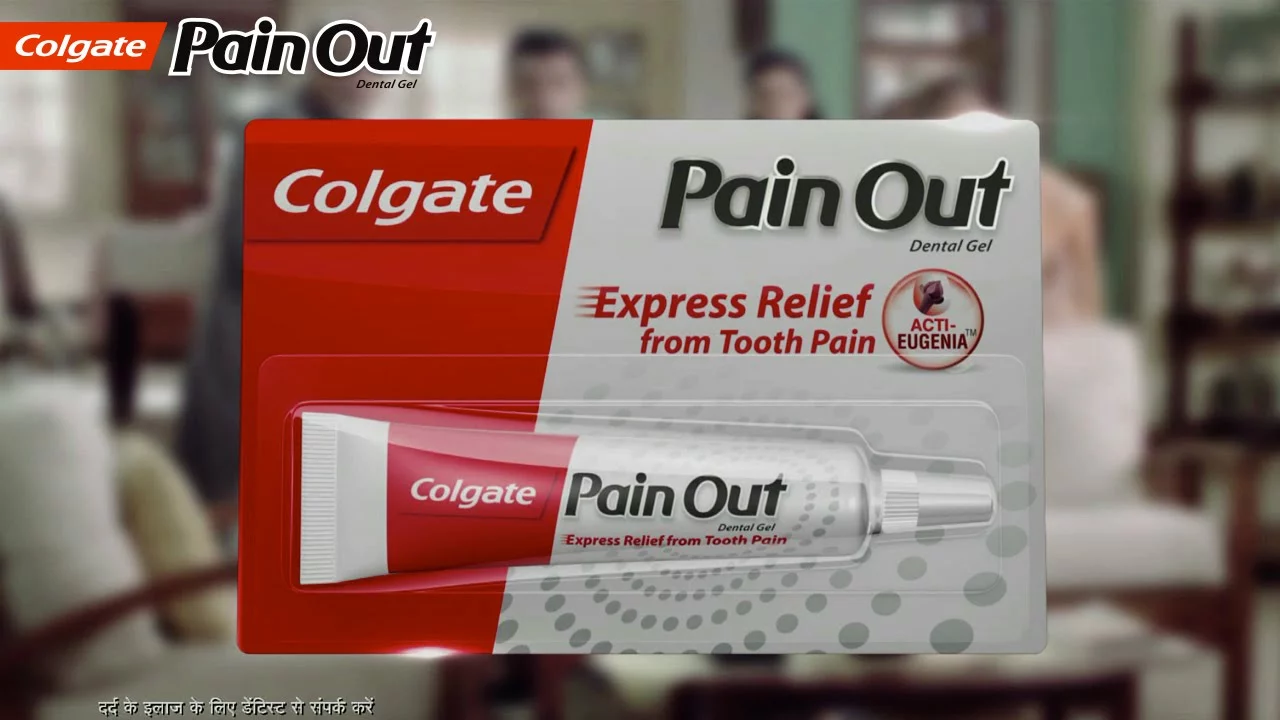Everything You Need to Know to Keep Your Teeth Healthy
Teeth are one of the first things people notice about us, and taking care of them doesn’t have to be complicated. A bright smile isn’t just about looks—it’s a sign your oral health is in check. Let’s jump into some simple ways to keep your teeth strong, clean, and pain-free.
Brushing twice a day with fluoride toothpaste is a must. It removes food particles and plaque, which is the sticky stuff that feeds bacteria causing cavities and gum disease. Don’t rush—take two minutes each time and focus on all surfaces of your teeth, including near your gums and your tongue.
Don’t Forget Flossing and Regular Checkups
No matter how well you brush, flossing is key to clearing out food stuck between your teeth. If you skip this step, plaque builds up and can lead to gum problems or tooth decay in spots your toothbrush can’t reach. If floss feels tricky, try floss picks or water flossers—they make life easier and are just as effective.
Visiting your dentist regularly is another big part of dental health. A dental pro can spot issues you might miss, like early cavities or gum inflammation. They also do cleanings that clear out hard plaque called tartar, which brushing won’t remove.
Handling Tooth Pain and Common Problems
If you feel a toothache, don’t ignore it. Tooth pain usually means something needs attention, like a cavity, infection, or even a cracked tooth. Using over-the-counter pain relief can help, but booking a dentist visit will tackle the cause before it turns into a bigger problem.
Keeping sugary snacks and drinks to a minimum also protects your teeth. Sugar fuels the bacteria that cause decay. Drinking plenty of water helps flush your mouth and keeps saliva flowing, which naturally protects teeth.
Healthy teeth also depend on your overall habits—don’t smoke, as it raises your risk for gum disease and tooth loss. Eat a balanced diet rich in calcium and vitamin D, which build strong teeth and bones.
Taking these straightforward steps makes a big difference in how your teeth feel and look. Remember, a happy mouth means a happier you, so it’s worth giving your smile the care it deserves every day.

Acetaminophen and your teeth: What you need to know
As a blogger, I want to share with you some important information about Acetaminophen and its impact on your teeth. Acetaminophen, commonly known as Tylenol, is a popular over-the-counter pain reliever, but it can also have some adverse effects on your oral health. Prolonged use of this medication may cause dry mouth, which can lead to an increased risk of cavities and gum disease. It's essential to maintain proper dental hygiene when taking Acetaminophen, so make sure you're brushing and flossing regularly. Don't forget to visit your dentist for routine check-ups and professional cleanings to keep your teeth and gums healthy.





